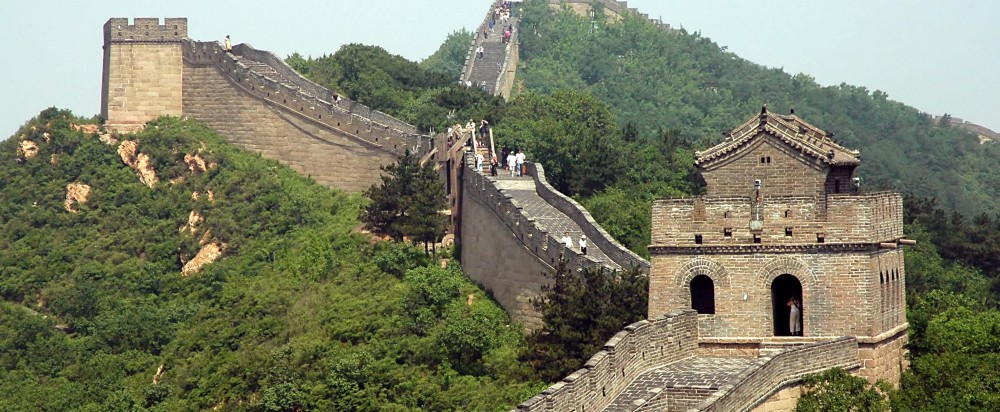The second key law, is the Law of the People’s Republic of China on Water and Soil Conservation. This law was implemented in June 1991, and the law was meant to prevent and control soil erosion, as well as for the protection and random utilisation of water and soil resources. Additionally, the law was meant to mitigate related disasters like floods, droughts or sandstorms, and to improve the ecological environment.
This law was implemented 23 years ago, but we can still see that there are issues affecting the community currently, according to an article by The Guardian, dating back to November 2008.
According to statistics provided, a large scale study which has been conducted for a period of 60 years has analysed that the earth is being eroded, washed and blown away across a third of China, and crops and water supplies are being affected and destroyed. Experts have pointed to farming and forestry as the main causes, and researchers have indicated damage to industrial areas and cities, as well as remote rural land. “About 4.5bn tonnes of soil are scoured away each year, at an estimated cost of 200bn yuan (£20bn) in this decade alone.”
Additionally, China’s numerous reservoirs have also been affected, as the soil erosion increases the amount of sand and mud in these reservoirs, reducing storage capacity and increasing the risk of flooding, diminishing the purpose of the creations of these reservoirs.
According to Professor Mu Xingming of the Institute of Soil and Water Conservation, he attributed the blame to overpopulation, that the north-east of China showed increasing population density in the last century.
In another article by People’s Daily Online, dated June 2004, the central government has reportedly invested 30 billion yuan in water and soil conservation over the past 5 years, but only 3,330 hectares of land was protected despite such heavy investments. Meanwhile, nearly 660 hectares of land suffers from soil erosion every year.
Jiang Dewen, a senior engineer with the surveillance centre of water and soil conservation under China’s Ministry of Water Resources pointed out that soil erosion from human activities is more damaging than natural soil erosion, and some affected land may never be recovered. Therefore, the key to preserve water and soil lies in prevention of such damaging activities, because once soil erosion occurs, it becomes more costly and difficult to solve the problem.
It was also reported that the main causes of soil erosion included over-farming on waste land, as well as deforestation. However this was in the past; at present, the main causes are large-scale construction projects.
As we can see, China has faced issues such as soil erosion for many years now, and despite attempts to alleviate the situation, as the country progresses and develops, the problem keeps coming up but always with different causes and reasons. As such, China needs to continue with its efforts to counter such water-related problems, with an ever-ready mindset to combat whatever problems may come, no matter the cause.
